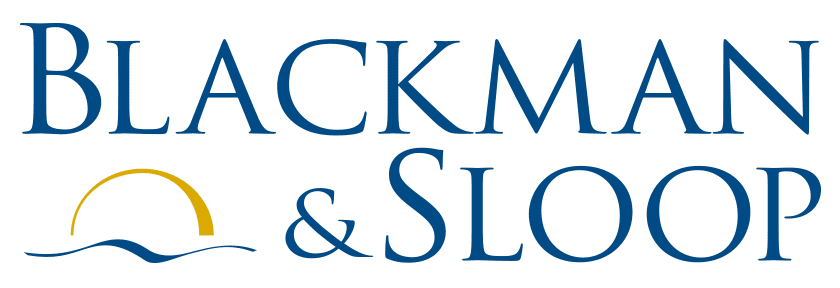Last year, NC State legislators passed an important law, The Appropriations Act of 2011, which affects many small business owners in North Carolina. This new law allows most small business owners a substantial deduction, up to $50,000 (or if married up to $100,000, see below) on their personal income tax returns. Per the State of North Carolina, this temporary change in the law would affect at least 250,000 small businesses in the state and is intended to stimulate hiring and provide incentive for growth. Further, North Carolina legislators dropped from the bill an income limitation on how it defines small businesses for this deduction. Since there is no limit to the size of the business, the following small businesses may qualify for this deduction:
• Schedule C – Sole Proprietorships
• Schedule E – Partnerships and S-Corporations
• Schedule F – Farming
In analyzing this tax deduction for small businesses, North Carolina enacted one rule that could limit some taxpayers. The small business income exclusion does not include income that is considered passive income under current IRS regulations. The taxpayer must actively manage the business in order to obtain the income exclusion on their personal income tax filing.
Married taxpayers with two business incomes could receive up to a maximum $100,000 deduction under the revised and temporary North Carolina laws ($50,000 deduction each). For example, both husband and wife own 50% of Partnership Z, LLC and are active participants in the business. Partnership Z, LLC reports $125,000 taxable income or $62,500 to each member at the end of 2012. After reducing their income by $50,000 each, husband and wife would only have to pay tax on $12,500 of Partnership Z income on their North Carolina income tax return for a total of $25,000 of taxable income instead of the full $125,000.
Using the 2011 NC income tax rates, they could save up to $7,750 in NC taxes. It is important to note that there are many factors to take into account when planning for this income tax deduction like guaranteed payments, personal W-2 wages from S-Corp income, and bonus depreciation. While this new law does not impact your 2011 taxes directly, planning does need to occur in order to maximize the deduction going forward. Call our office to see how we can assist you make the most of your tax situation with this and many other changes in tax law for 2012 and beyond.
About Blackman & Sloop CPAs, P.A.:
Blackman & Sloop is a full-service CPA firm headquartered in Chapel Hill, North Carolina and is actively involved in auditing, taxation, management consulting, financial planning, and related services. The firm directs a large part of its services toward providing management with advice on budgeting, forecasts, projections, financing decisions, financial analysis, and tax developments. The firm also performs review and compilation services and prepares not-for-profit, corporate, individual, estate, retirement plan, and trust tax returns as well as technology consulting services regarding installation and training on QuickBooks. Blackman & Sloop provides services in Raleigh, Durham, Chapel Hill, RTP, Hillsborough, Pittsboro, Charlotte, and the rest of North Carolina. To find out more please visit http://www.blackmansloop.com
Contact: CPA cpa@blackmansloop.com
Toll Free: 1-877-854-7530The Exchange West
1414 Raleigh Rd, Suite 300 Chapel Hill, NC 27517




